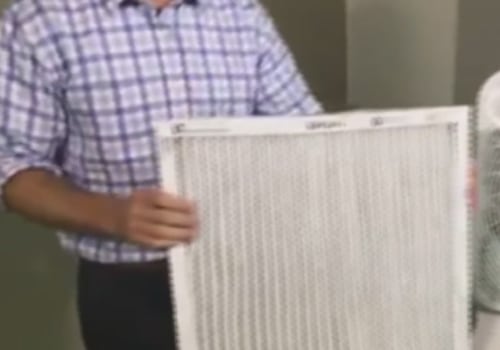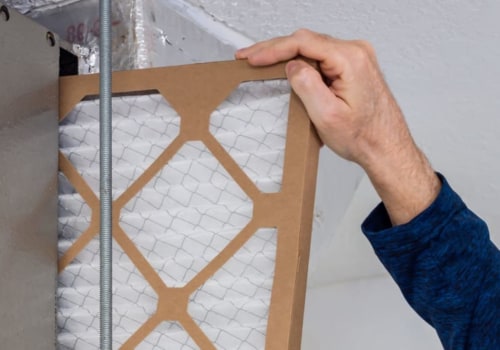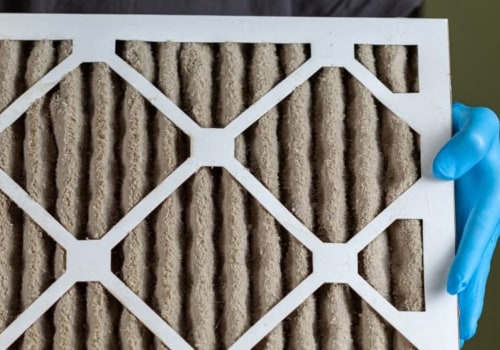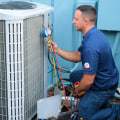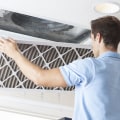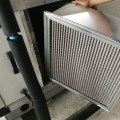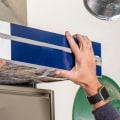When it comes to choosing the right furnace filter for your home, it's important to understand the differences between the various MERV ratings. MERV 11 filters are at the higher end of the spectrum for residential furnace filter systems, but they may not be the best choice for everyone. A MERV 11 air filter has a higher efficiency rating, meaning it can capture finer particles and remove more pollutants from the air. But is it too much for your needs? MERV 11-13 air filters are a kind of midpoint between the cheapest and the most expensive, and they are efficient at capturing almost all the largest particles, as well as most of the smallest particles.
If you have pets, a MERV 11-13 filter will be much more effective at cleaning indoor air. These air filters provide highly effective residential air filtration for a much healthier breathing environment. The American Society of Heating, Refrigeration and Air Conditioning Engineers (ASHRAE) uses particle size to categorize MERV values. Therefore, while higher MERV ratings are more efficient, the recommended MERV ratings for residential filters are between MERV 7 and MERV 13.
The MERV 13 filter is that the latter includes stronger protection against airborne bacteria and viruses that spread through droplets in the air. Filters with a MERV rating greater than 13 are tightly woven to capture potentially harmful contaminants. A MERV 14 or higher air cleaner can create more resistance in the airflow than a residential HVAC system is designed to withstand. The higher the MERV rating, the more efficient the filter will be at trapping these particles in the air.
For most Canadian homes, oven filters with MERV ratings in this range are sufficient to filter most airborne impurities. It is essential to remember that the MERV rating of an air filter denotes its lowest possible capacity, that is, the minimum percentage of impurities it could effectively filter. In operating rooms and other spaces where absolute cleanliness is required, filters with a MERV rating of 17 to 20 are used. Air filters with MERV ratings higher than 13 also tend to restrict airflow because they have smaller pores to capture smaller particles.
A MERV 9 will trap less than 50% of particles with a size of 1.0-3.0 microns, the MERV 10 will stop up to 64%, the MERV 11 will get up to 79%, and the MERV 12 is capable of trapping up to 89%. In conclusion, while a MERV 11 filter may be more efficient at capturing pollutants from your home's air, it may not be necessary for everyone. A MERV 8 filter can still provide adequate filtration for most homes without stressing your HVAC system or reducing airflow.
